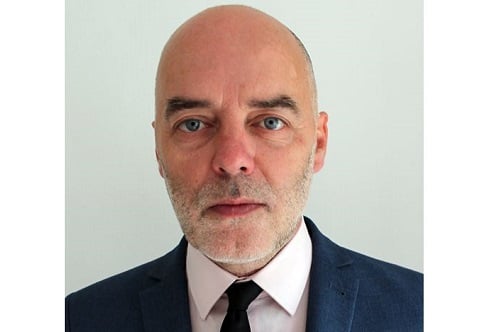

The following is an opinion piece written by Jonathan Davison, strategic development director for the British Damage Management Association (BDMA). The views expressed within the article are not necessarily reflective of those of Insurance Business.
A changing landscape
Terrorism insurance was, for a long time, the elephant in the room within the industry. It was known to need more urgent attention, but at the same time it was also a taboo subject in certain quarters as it was complex to approach. For many years terrorism had not been seen as high risk in the UK – and therefore wasn’t necessarily acknowledged directly when underwriting or issuing policies. It has instead typically been offered as an add-on product. The Pool Re scheme, founded by the insurance industry in cooperation with the government, to support claim costs for commercial property terrorism risk across the UK, has been supporting terrorism claims with funding since 1993. Yet, it was last year’s surge in UK terrorist incidents that spurred a change in the way that policyholders and insurance companies need to be supported moving forward with claim costs, policy insights and transparency by the wider insurance industry. The British Damage Management (BDMA)’s discusses…
Financial collaboration
The cost of terrorism to the economy is significant. Research organisation, RAND Europe, found in its 2018 study that between 2004 and 2016 European Union states lost around €180 billion GDP as a result of terrorist incidents. Meanwhile, last year’s five UK terror attacks have led to an economic loss of approximately €3.5 billion for the UK. The insurance industry has of course felt the brunt of this and continuous financial support from Pool Re and other reinsurers has been critical to keep the market moving in a positive direction. Reinsurance has been invaluable across the sector for affected insurance companies, while after the increase and future probabilities of vehicle-based attacks, the Motor Insurers’ Bureau has agreed to split claim costs involving vehicles used as weapons. It is great to see insurance companies coming together to fight terrorism-based claims.
Extended insurance coverage
Many commercial businesses were unfortunate to experience the effects of the 2018 terrorist incidents in the UK. Due to the nature of the incidents, many were faced with uninsured losses, as historically insurance companies have covered property damage and public liability - but not business interruption - unless as an extension to policy. Borough Market in London is an example where last year businesses’ properties were not necessarily damaged but had to remain closed for several days as investigations continued following stabbings in the area. Pool Re has agreed to help make a change to prevent this happening to businesses again. They announced this year that they will add further protection to commercial businesses by covering non-physical damages for terrorism-based claims. This will of course provide significant support for commercial businesses moving forward and ease the woes of uncertainty for policyholders.
Educating business owners
When it comes to underwriting for terrorism-related policies it is difficult to evaluate risks, as we are seeing more lone-wolf terrorists, and different methods of terrorism carried out. Location is also hard to predict, as we saw with last year’s Manchester Arena bombing - away from the capital. It’s hard to plan for the unknown. Business owners naturally think it is highly unlikely that terrorism offences will affect them. There needs to be better education available for business owners signing up to commercial insurance policies. Insurers need to be explicitly clear with customers when they take out a property insurance policy and explain the benefits of adding such products to their policies. Furthermore, insurers should be discussing the need for business crisis plans and measures to be put in place, for both damage and business interruption.
Damage management support
Post incident, it can be expectedly manic within the supply chain dealing with a terrorism incident. If there is property damage, damage management companies should best support with quick response times, and quality solutions. Communication is of course also key across the entire claim supply chain. Close collaboration certifies transparency, eases pressures on insurance companies, and those making a claim, and prompts a streamlined response in line with industry standards. This way there are no disputes within the supply chain (which could be highly likely in such a sensitive and high-profile claim), and professional opinion can be validated and valued. When an attack takes place that unfortunately impacts so many lives, communities and businesses, it is at least reassuring (a small mercy) to know that the wider insurance industry plays its part in supporting various agencies, our nation and its citizens.
